Fifteen years after its release, the official song of the 2010 World Cup - Waka Waka (This Time for Africa) - remains globally popular, ranking 18th in the most viewed videos in YouTube history, with over 4.3 billion views. Its views continue to rise, especially during each World Cup.
But behind the tune, which has been dubbed "African lyrics," lies a complicated story of copyright, charitable pledges and millions of dollars that never made it to their promised destination.
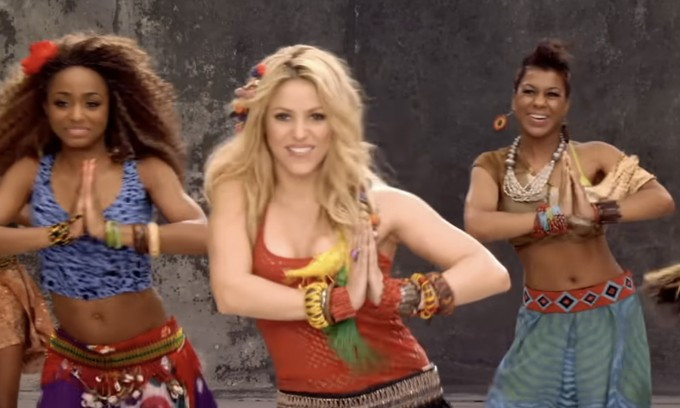
On April 26, 2010, FIFA and Sony Music issued a joint statement: "All profits from the song will be transferred to the official campaign of the 2010 World Cup, the '20 Centers for 2010' program, to build 20 football - education - medical centers across Africa, along with other charitable organizations."
Shakira, the Colombian singer known as the "Queen of Latin Music", could not hide her excitement. "This is an opportunity to create a lasting educational legacy for children, something I have always cherished," she said.
Then-FIFA president Sepp Blatter also called Waka Waka "the rhythm of Africa", a symbol of the first World Cup on the continent.
The song quickly became a global phenomenon, going platinum in the US, diamond in France, Germany, Brazil, Sweden, and topping the charts in 11 other countries. The YouTube video currently has over 4.3 billion views, while it has nearly 1 billion plays on Spotify . It is one of Shakira's top five most popular songs.
Thanks to the huge revenue, by 2014, the 20 centers that FIFA had committed to had been built. But since then, the money has disappeared.
Since 2014, Waka Waka has continued to generate significant revenue from broadcasting, performance and online streaming rights. However, according to investigative magazine Josimar Football , not a single cent of this revenue has been reported to have gone to charity. Questions sent to FIFA and Sony Music went unanswered.
South African business magazine Currency once estimated that streaming royalties alone could be as high as $9 million. But no one knows where that money goes.
Waka Waka has been embroiled in plagiarism controversy since its release. The chorus "Zamina mina éé Waka Waka éh éh" is actually taken from the 1986 song Zamina Mina by Cameroonian band Zangalewa.
Faced with fierce opposition in Africa, FIFA and Sony were forced to find a compromise. In May 2010, facing the threat of litigation, a confidential agreement was signed. According to Josimar , Zangalewa was entitled to 33.33% of the publishing royalties. South African band Freshlyground, who recorded the song, received a total of 4%. Producer John Hill kept 23.33%. The largest share, 39.34%, went to Shakira.
This is in stark contrast to the "all profits go to charity" statement that FIFA once published.
Freshlyground, a multiracial South African band, was brought in under the guise of a charity project. They recorded a soundtrack in New York, but were never formally signed.
In fact, FIFA had set a condition that the official song of the 2010 World Cup must have an African element. John Hill happened to meet Freshlyground in the same recording studio in New York, helping Shakira meet the requirement. On the day of the World Cup final, Shakira even wanted to remove Freshlyground from the performance, but FIFA was forced to keep the group.
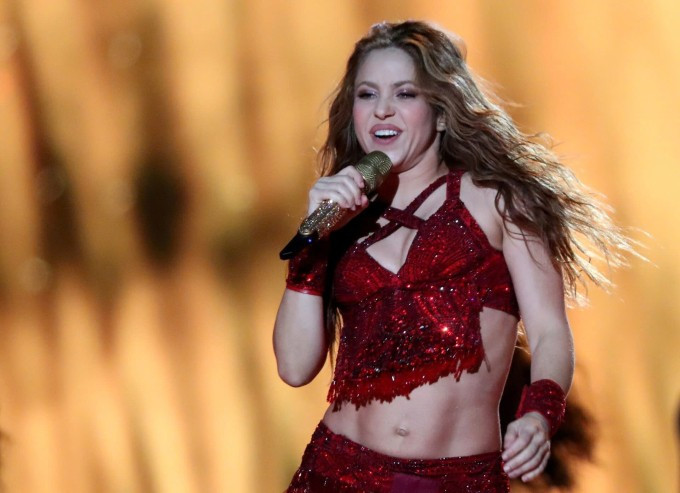
Each Freshlyground member only receives 0.57% of the copyright, which is almost symbolic. What makes them upset is not the small percentage, but because since 2014, the entire song's cash flow has been no longer transparent.
According to industry experts, a song’s revenue comes from two sources: master rights and publishing rights. Master rights typically belong to small artists, with a percentage usually no more than 15% of revenue. Publishing rights, on the other hand, belong to producers, generating direct revenue from each sale or stream.
Unlike Band Aid in 1984, when singers Bob Geldof and Midge Ure donated all of the rights to Do They Know It's Christmas? to charity, Shakira and John Hill retained their publishing rights. That means they've been collecting money from Waka Waka since day one, despite the song's charity label.
"Shakira and John Hill made millions of dollars from a song whose most famous part was not written by them, but was promoted as being about Africa," said Josimar .
To date, FIFA and Sony have remained silent. The “20 Centers for 2010” centers operated for a few years, but the funding then dried up. The question of “where did the millions of dollars from Waka Waka go?” remains unanswered.
What is certain is that Shakira still performs the song on tour. And every time it is played, money still flows into her and her production team's accounts. Meanwhile, the goal of "creating an educational legacy for Africa" is just a memory.
A Freshlyground member admitted: "We don't have any grudges, we just want to know: where did the money go after 2014?".
Waka Waka is remembered as the upbeat tune of the 2010 World Cup, the first in Africa. But 15 years on, it’s no longer just about joy. The song has become a testament to the gap between promise and reality when a product is branded as a charity but operates as a global commercial product.
And to this day, with millions of dollars missing, no one has come forward to explain.
According to Josimar Football
Source: https://baohatinh.vn/bai-hat-world-cup-2010-va-dau-hoi-ve-hang-trieu-usd-that-lac-post294046.html



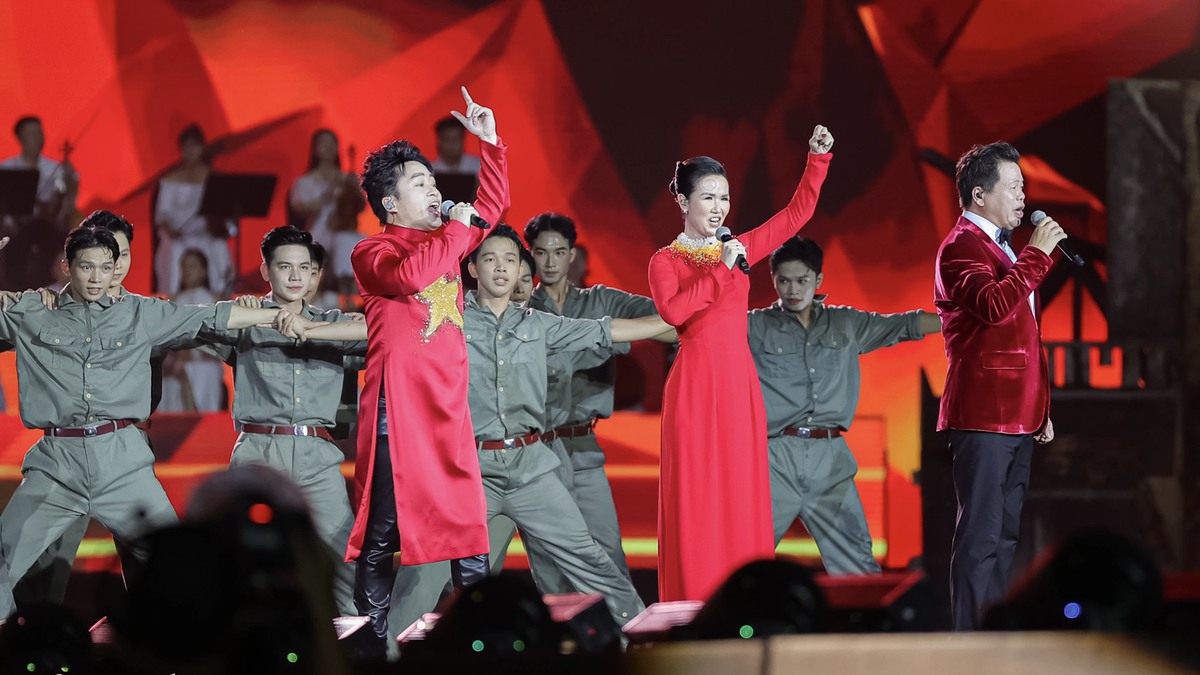
![[Photo] Prime Minister Pham Minh Chinh chairs the conference to review the 2024-2025 school year and deploy tasks for the 2025-2026 school year.](https://vphoto.vietnam.vn/thumb/1200x675/vietnam/resource/IMAGE/2025/8/22/2ca5ed79ce6a46a1ac7706a42cefafae)

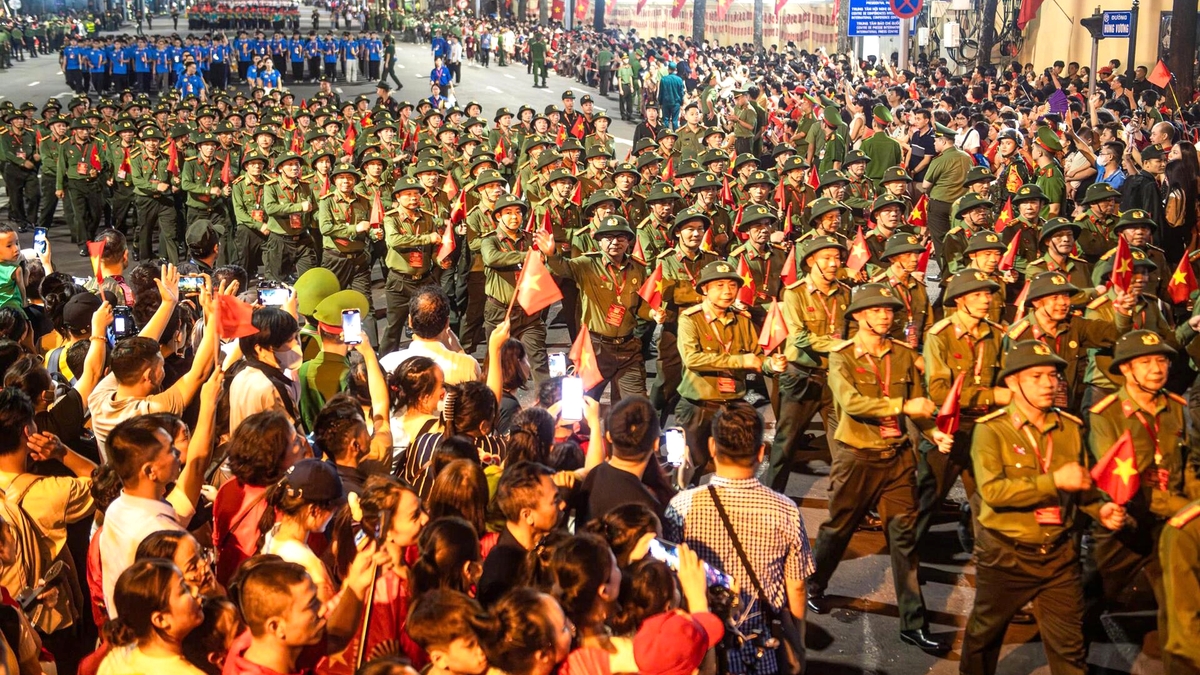

![[Photo] President Luong Cuong receives delegation of the Youth Committee of the Liberal Democratic Party of Japan](https://vphoto.vietnam.vn/thumb/1200x675/vietnam/resource/IMAGE/2025/8/22/2632d7f5cf4f4a8e90ce5f5e1989194a)
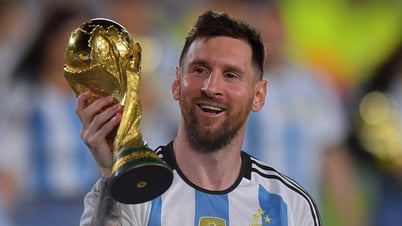

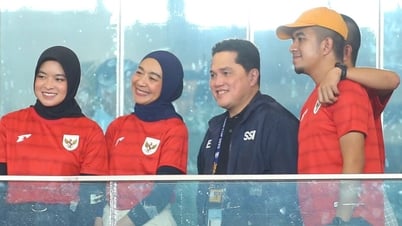

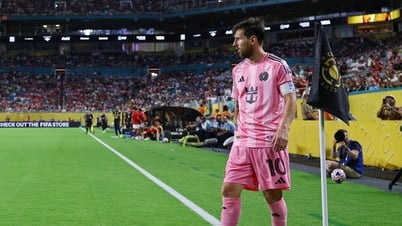



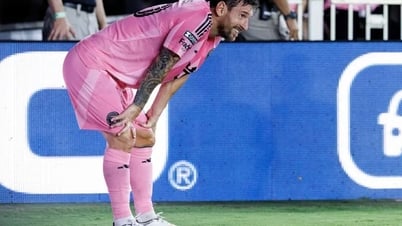



![[E-Magazine]: That place is so passionate that it makes your heart flutter](https://vphoto.vietnam.vn/thumb/402x226/vietnam/resource/IMAGE/2025/8/22/ac7c83ddf6dc43a49a177f8f8bc2262d)

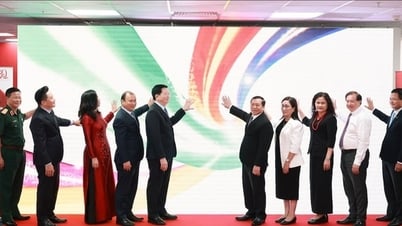











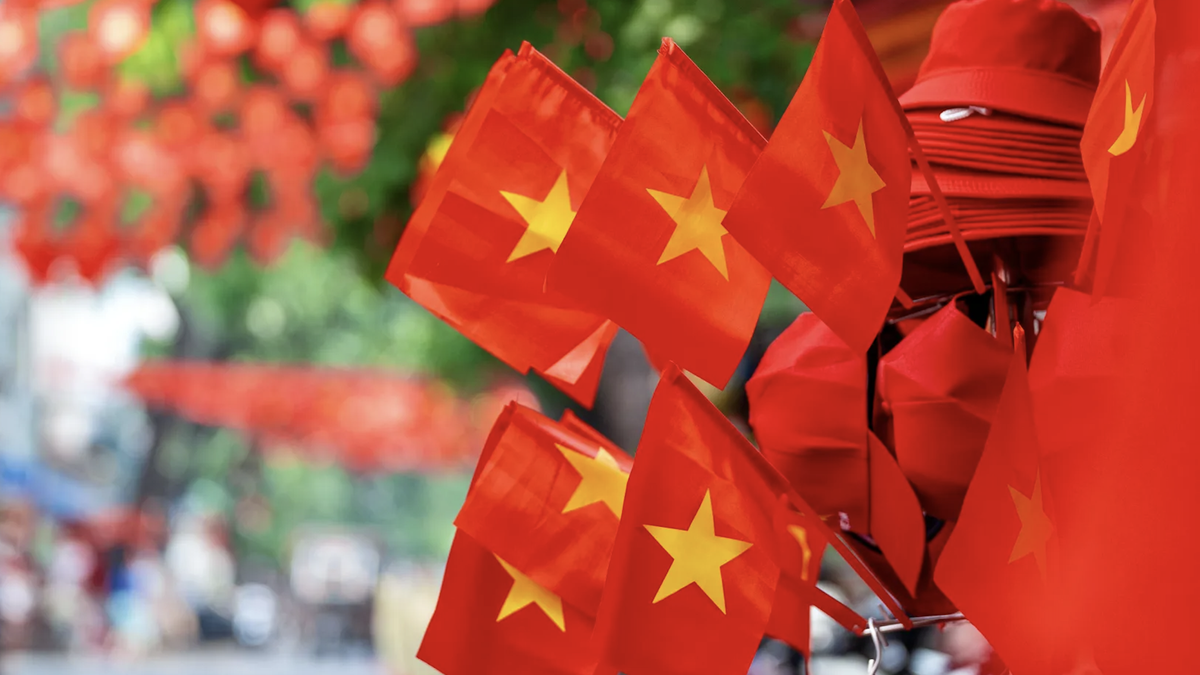


























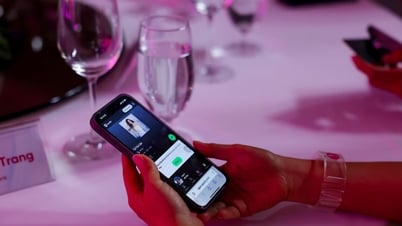













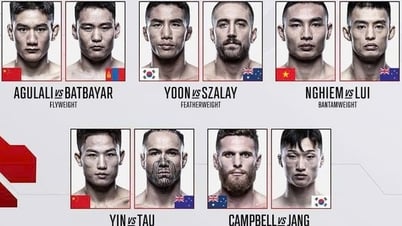










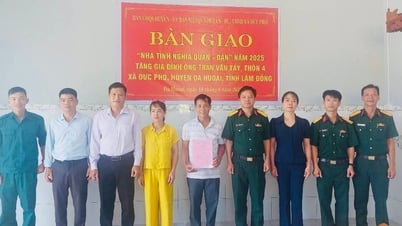












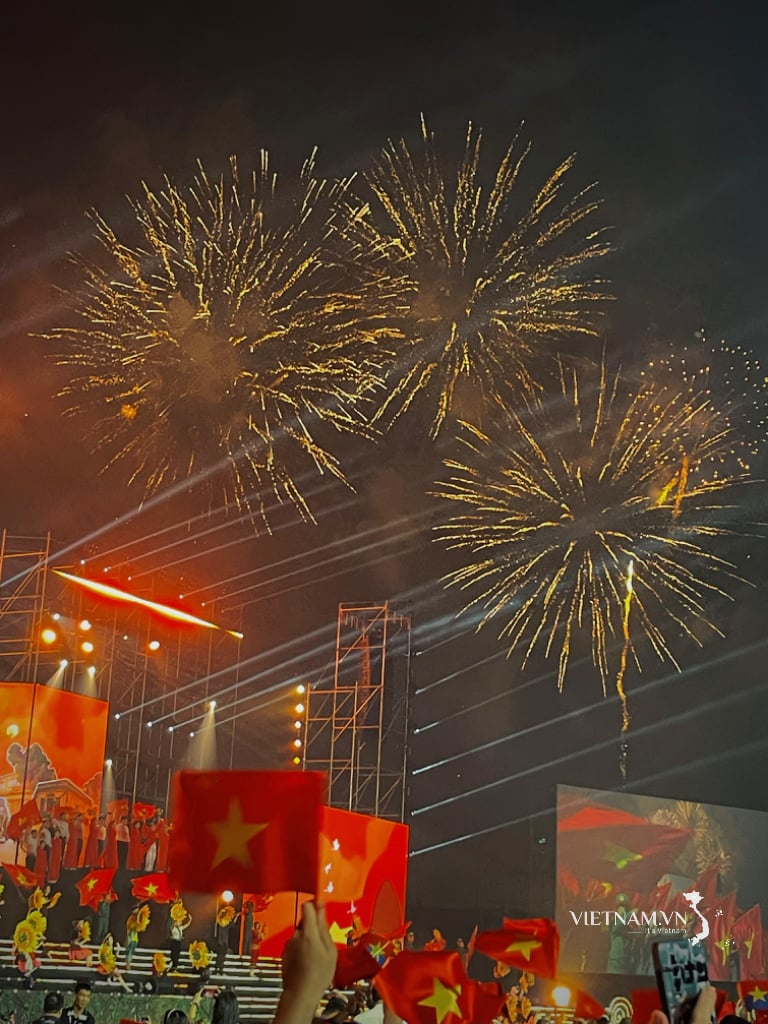


Comment (0)